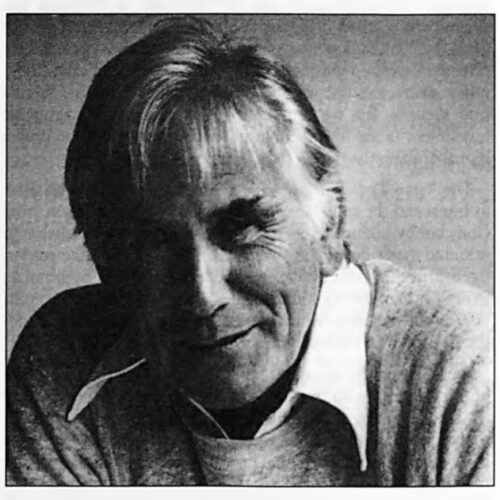

At this nervous moment… when we have uncertainties about almost everything, it’s particularly necessary that we pool our determination, so long as the adventure lasts, to bring to bear on the human situation as great a rationality as possible, as great a general sympathy for the human condition; and to refuse to return to that darkness I remember as a child, which made it possible for a supposedly rational education to impose upon one a deep sense of personal disgrace.
Edward Blishen, ‘A stubbornly secular life’ in New Humanist, December 1987
Originally published in New Humanist, December 1996
Edward Blishen was a writer, broadcaster and educator of great charm and enthusiasm. He was an Honorary Associate of the RPA and his support for the humanist movement included speaking at dinners, writing book reviews for humanist journals and also writing a Preface to the recent revision of Margaret Knight’s Humanist Anthology.
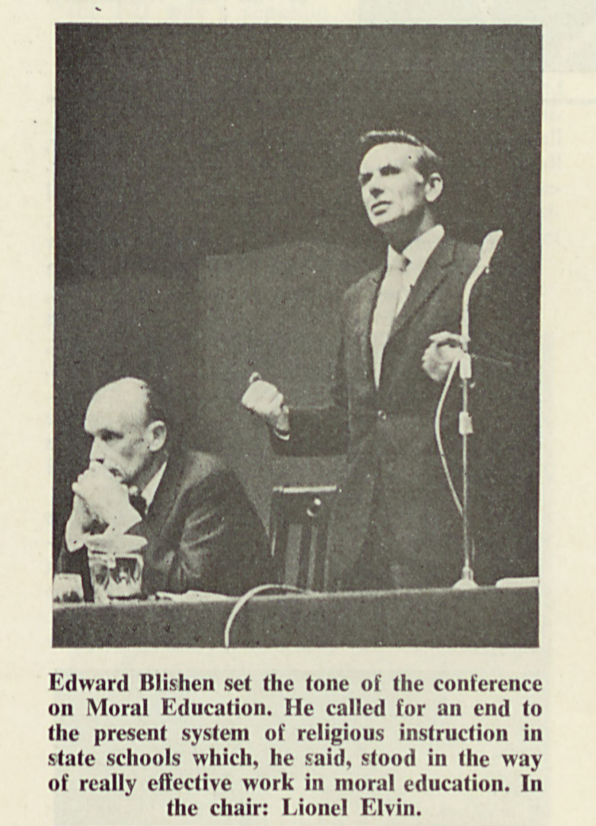
He was born in Barnet, where he spent most of his life, and was educated at Queen Elizabeth’s Grammar School, where he gained a life-long love of literature. On leaving school he spent three years as a journalist on a local weekly paper, where he learnt his craft as a fully professional writer. At the outbreak of war he declared himself a conscientious objector and worked on the land throughout the war.
After the war he taught in a prep school in Hampstead, then participated in the emergency teacher training and went to teach in a secondary modern school in Holloway Road, North London. The struggle with rough boys was faithfully recorded in his first book, Roaring Boys (1955), which recorded the Herculean struggle to come to terms with unruly teenagers and also the triumphs of breaking through to understanding and opening the minds of some of the boys. The book has become a classic of educational writing but is alas out of print.
Education in its broadest sense of communicating ideas and a love of literature to others remained a theme throughout his life. Other fine educational works were This Right Soft Lot (1969) and A Nest of Teachers (1980). He taught part-time on an educational course at York University, wrote two books retelling Greek Myths with Leon Garfield, and worked on a number of anthologies and encyclopedias for children.
His major literary opus was his series of autobiographical volumes: the account of his war-time experiences, A Cackhanded War (1972) and the affectionately troubled depiction of his unsympathetic father, Sorry, Dad (1978), were highlights.
He was a most engaging broadcaster. For many years he worked for the World Service enthusing over literature across the world; he is especially remembered for his presentation of the Writers’ Club for the African Service, in which he was able to encourage a whole generation of new African writers. His triumph as a broadcaster was A Good Read which he headed during the last six years of his life. Here his enthusiasm and generosity, combined with vast knowledge and experience, enabled him to successfully lead a programme that would excite both the common listener and the bibliophile.
It was characteristic of him that when he came to write a Preface to the Humanist Anthology, he started with an autobiographical note, remembering his childhood arguments about religion and wishing he had had the anthology as ammunition at that time. As a man in his mid-seventies he said he was also grateful for the fortitude it gave in facing death.
Ata secular funeral, conducted by his family, Nicholas Tucker, an educationalist and friend, who once proposed a toast to him at a dinner of the National Secular Society, described him as a ‘humanist’ — who was ‘an advertisement for the human race, which is something all humanists should aspire to be’.
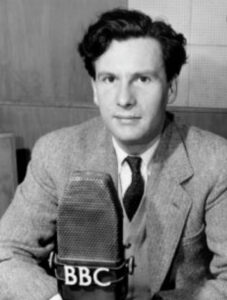
Ludovic Kennedy was a writer, journalist, and broadcaster, known for his investigations into miscarriages of justice. A human rights campaigner, he […]
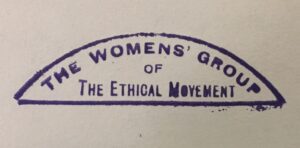
Of everything that presents itself unto thee to consider what the true nature of it is, and to unfold it. […]
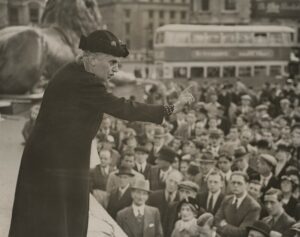
Only victory will put an end to it all. But meantime let no one say: ‘We are not responsible.’ We […]
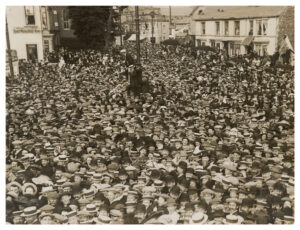
Wales has long been a nation of nonconformists, with a history of challenging the power and influence of the established […]